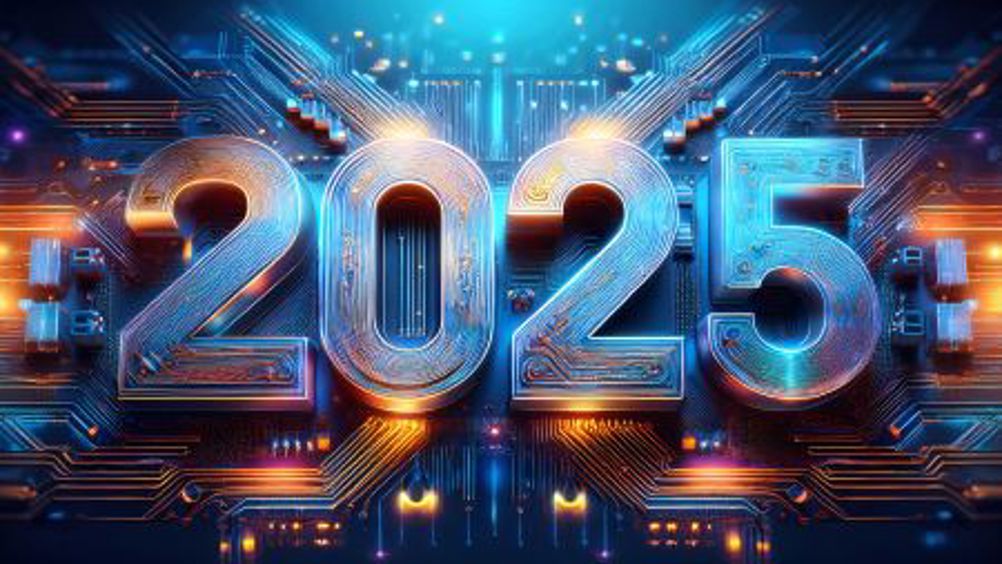According to Gartner the top ten trends include Agentic AI systems that automatically plan to meet the goals of users. Gartner predicts that 15% of work decisions will be made automatically via agentic AI by 2028.
AI governance platforms that are implemented will give organisations 40% fewer AI ethical issues by 2028 while Gartner predicts that 50% of enterprises will begin adopting products or services that address disinformation security use cases by 2028.
Post-Quantum cryptography, which provides data protection resistant to quantum computing decryption risks, will have advanced so much by 2029 that most conventional asymmetric cryptography will be unsafe to use.
Ambient invisible intelligence, which is enabled by low-cost, small smart tags and sensors that provide large-scale tracking, will enable a deeper integration of sensing and intelligence into everyday life through 2027.
Gartner is forecasting that energy-efficient computing will improve in the late 2020s as new compute technologies emerge for special purpose tasks, such as AI and optimisation, using significantly less energy.
Hybrid computing, which combines compute, storage and network mechanisms for computational problems, will create highly efficient and innovative environments that perform more effectively than those that are conventional.
Spatial computing, combining the physical world with technologies such as augmented and virtual reality, will grow to $1.7 trillion, increasing from $110 billion in 2023.
Expect to see more polyfunctional robots that can do more than one task. By 2030, 80% of humans will engage daily with smart robots, an increase from fewer than 10% today, Gartner predicts.
Finally, neurological enhancements, which read and decode brain activity, are predicted to enhance cognitive abilities and enable brands to know what consumers are thinking and Gartner predicts that by 2023, 30% of knowledge workers will be dependent on technologies to stay relevant with the rise of AI in the workplace.













